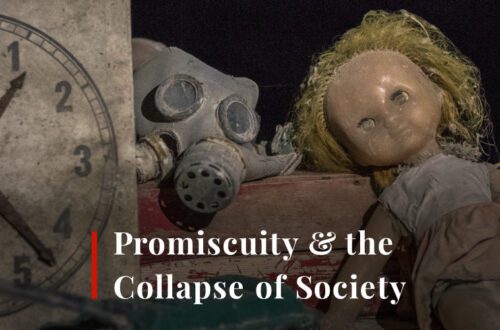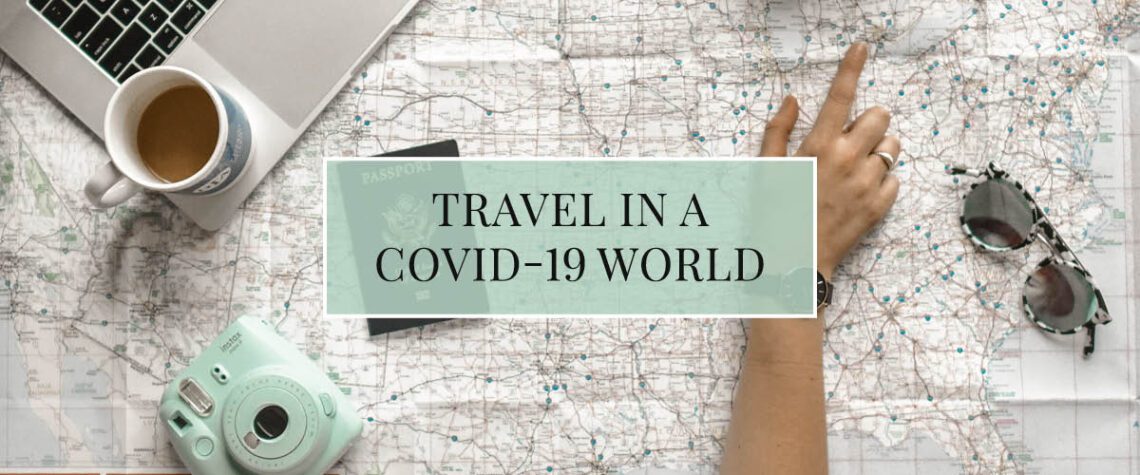
Travel in a Covid-19 World: Coronavirus, a Worldwide Pandemic
You want to travel the world and explore, but the world has fundamentally changed. In this article, I will look at what happened with Coronavirus, how our lives have transformed and what can we do to protect ourselves when we travel.
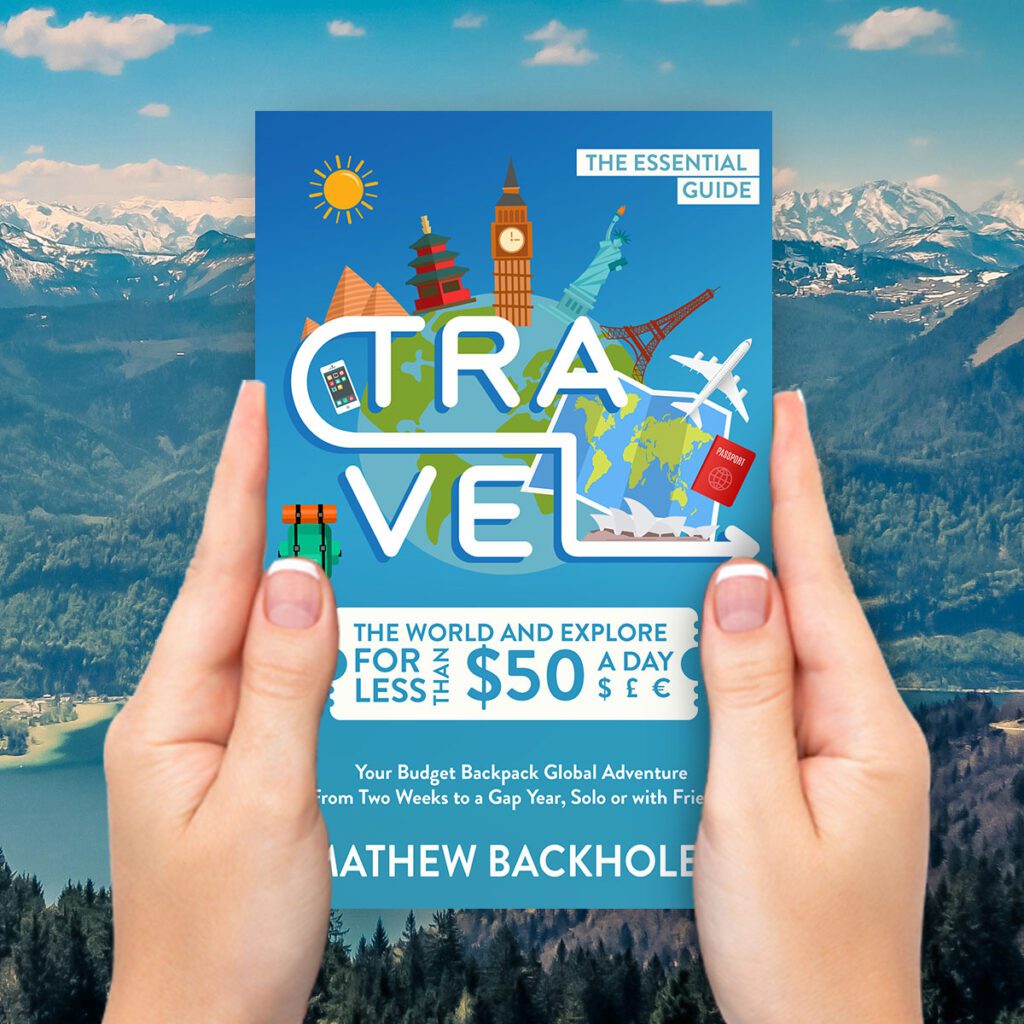
What happened? In December 2019, Coronavirus (Covid-19 / CV-19) broke out in Wuhan, the capital of Hubei Province, China and by January 2020 it infected thousands of people who infected still more. The Chinese authorities quarantined entire cities, nobody could leave, by road, rail or air and additional makeshift hospitals were constructed to help isolate victims and prevent further infection. At airports across the world, screenings for passengers who left China before cities were in lock-down was implemented so that on arrival their temperature could be taken. It was discovered later that people who were infected could show no symptoms for around two weeks (later revised to five days) and yet could still be passing on the deadly virus which affects the respiratory system. Some countries asked for voluntary quarantine from citizens who had arrived from infected areas, requiring two weeks of isolation.
Different governments sent planes to repatriate their citizens who were then held in quarantine for two weeks before being allowed back into society. Some countries would not permit planes from China flying over their airspace, whilst many countries refused entry to those coming from China and would not permit Chinese planes to land. Soon the virus spread to other countries including South Korea and Iran whilst in the last week of February, Australia announced it was a pandemic and some cities in Italy were in a state of quarantine with roadblocks and policemen in place. South Korea closed their churches, which often could accommodate thousands of people to help stem the flow of Coronavirus infections. Across the globe, many cruise ships had infected passengers aboard and entire ships were quarantined in different ports around the globe or were refused permission to dock. At the time some experts from different countries recommended obtaining two weeks’ worth of food in stock just in case, whilst governments advised people not to panic-buy or to stock up.
By 10 March 2020, Italy asked its entire population to self-isolate and to avoid contact with people, whilst travel inside the country was restricted. Days before, all public gatherings had been banned whilst universities, schools and nurseries shut down. In Britain, many supermarkets began to ration the number of dry foods (e.g. pasta and rice), tins and antibacterial gel / hand-sanitizer each customer could buy. However, by the time that supermarket and shop restrictions came into place most had no antibacterial gel and had run out of toilet rolls and paracetamol. Many shelves were emptied and stayed that way for weeks. As soon as stock was replenished it would be quickly sold and supermarkets introduced a policy on many food items that no more than three or four of the same items (e.g. tins or cereals) could be purchased. There were long queues at supermarkets, just to get inside and at the tills; it took around two months to get back to a semblance of normality.
In the second week of March 2020, a huge British insurance company, LV stopped selling travel insurance because of Covid-19 (Coronavirus). On Friday, 13 March, many companies in Britain told their employees not to come in on Monday as many businesses initially shut their doors until April, though the majority did not reopen until July or even August depending on government guidelines and regulations. Other employees were told to work from home. Disney closed all its theme parks worldwide. Some countries closed their borders to all but their citizens e.g. New Zealand, and then they had to self-isolate for two weeks, whilst some island countries in the Pacific closed their borders full stop, even if you were a national.
Most airlines were cutting flights by 75% and one carrier cut their routes by 85%. One country told its citizens, “If you want to come back to safety, you have to come back now! In a few days, it may be too late.” At one stage during the pandemic of 2020, it was more expensive to buy a KFC 10-piece bargain bucket than a barrel of oil as demand for oil dried up; and it even went into negative cost, where the suppliers were paying the customers to take it off their hands!
On 16 March 2020, the Peruvian government due to Coronavirus pandemic placed the country in lockdown. No flights were allowed to enter or leave without permission from the government. Around four hundred British citizens were stranded across the country and the only commercial airline leaving was charging almost ten-times the normal price of a one-way ticket from $3,000 to $3,500! At the end of March 2020, due to the global pandemic, the British government set aside £75 million to bring home British citizens from around the globe.
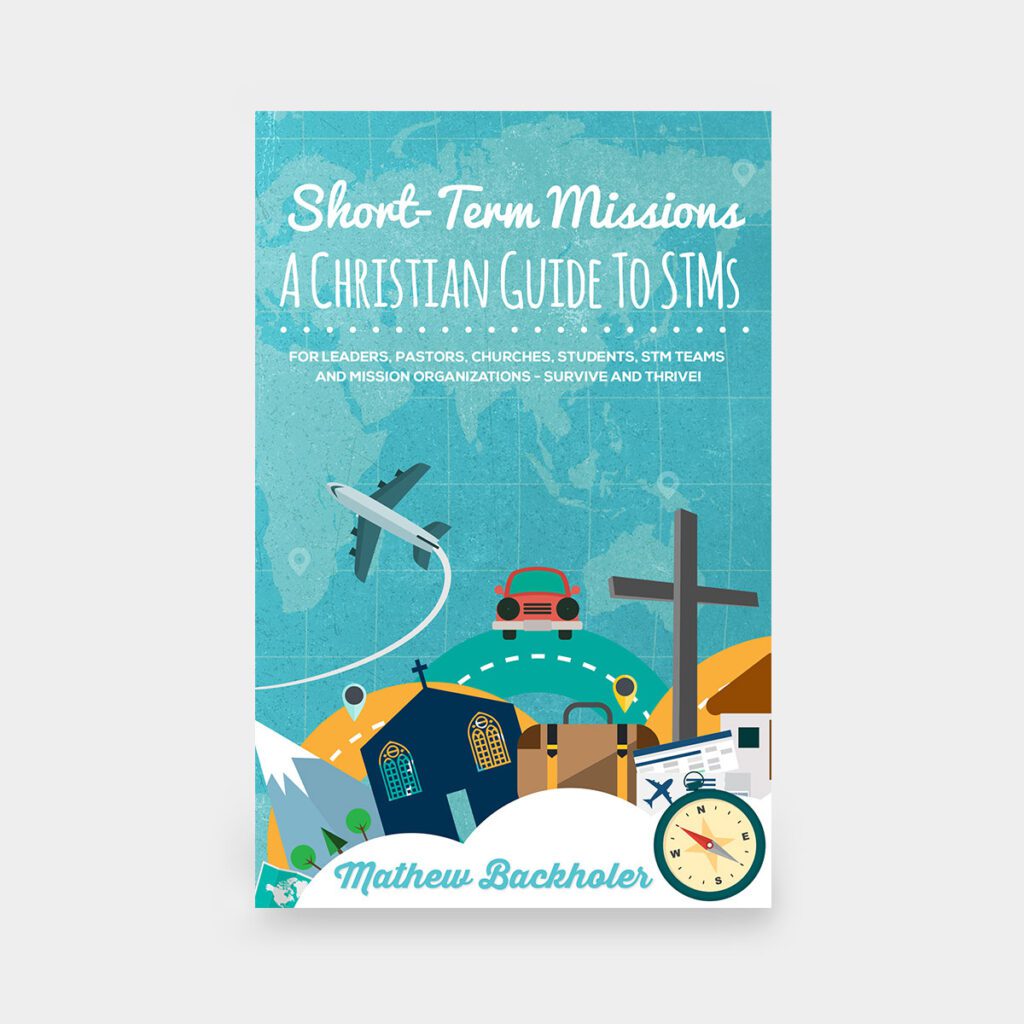
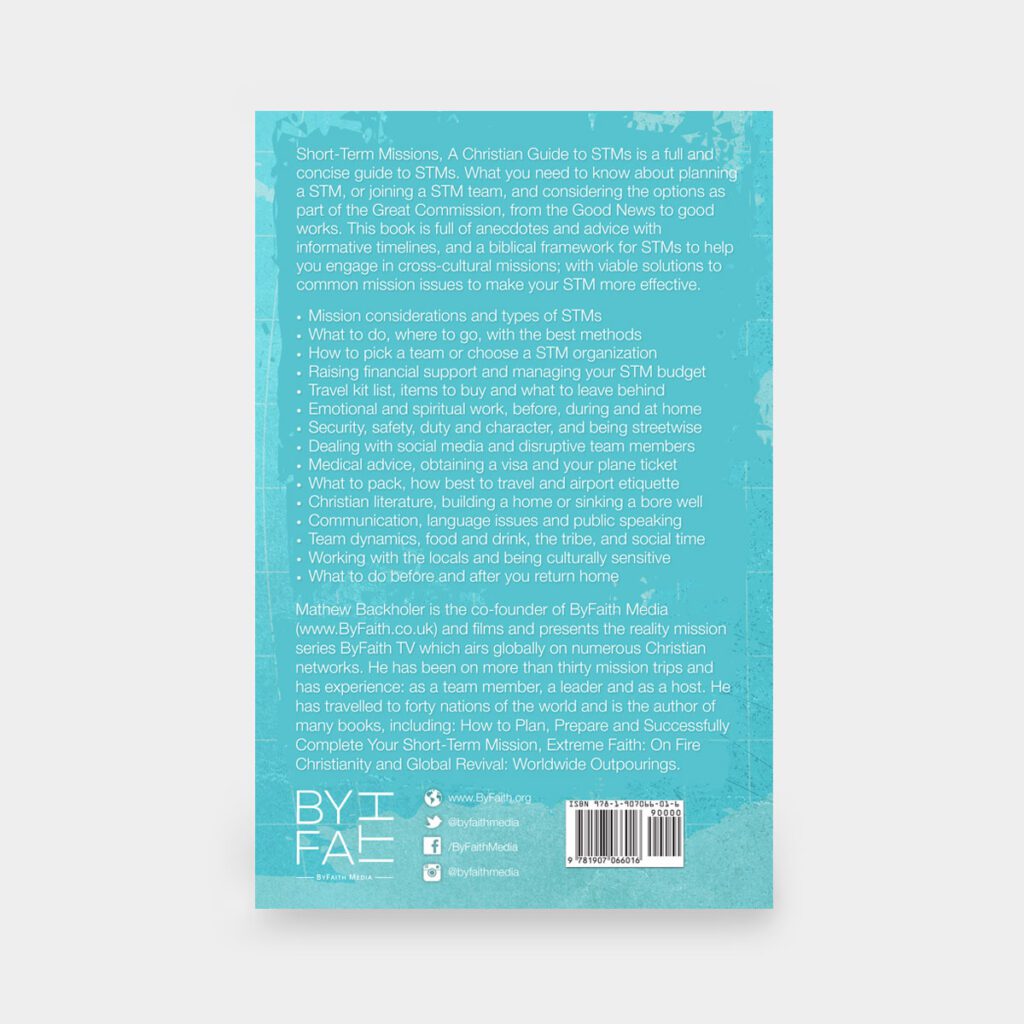
The British travel firm TUI cancelled 900,000 holidays up until mid-June 2020 and then extended it until 10 July 2020. After three months of lockdown, in August 2020 the majority of places and spaces that had closed due to Coronavirus reopened, and a small percentage of people compared to 2019 were cautiously going abroad on holiday, whilst many opted for a staycation, a holiday in their own country.
The world as we know it has fundamentally changed with social distancing, facemasks or face-coverings, antibacterial gel and many other rules, regulations and recommendations to help us live in a safer society and world where Coronavirus can kill. An international study revealed of those who have been hospitalised due to Coronavirus and survive, 50% now have a damaged heart. For many, it will take months or even years to recover and to get back to normal, if there ever is normality.
On 5 July 2020, Kazakhstan became the first country in the world to fully return to lockdown, after it eased its lockdown in mid-May 2020. On the same day in July, Melbourne in Australia went into lockdown and its citizens were told to stay indoors for five days.
In 2003, SARS broke out and by 2020 no vaccine has been found. Covid-19 (Coronavirus) is from the same family tree and whilst there are multiple medical trials across the globe, at present, there is no cure or inoculation, though there are some medicines that can help some people get better. There is no magic tablet or pill you can take to prevent this life-threatening virus, which can affect one person with devastating consequences and not affect someone else who can become a super-carrier. They can spread Coronavirus to many people, with no symptoms themselves, who go on to infect others. Coronavirus can infect babies as well as those who are long past retirement age, the super fit and the regular person, some have survived, others have not. Those who are more vulnerable are: people who are over 70, those with existing health conditions, people who are overweight, and those with lung relation conditions, such as asthma.
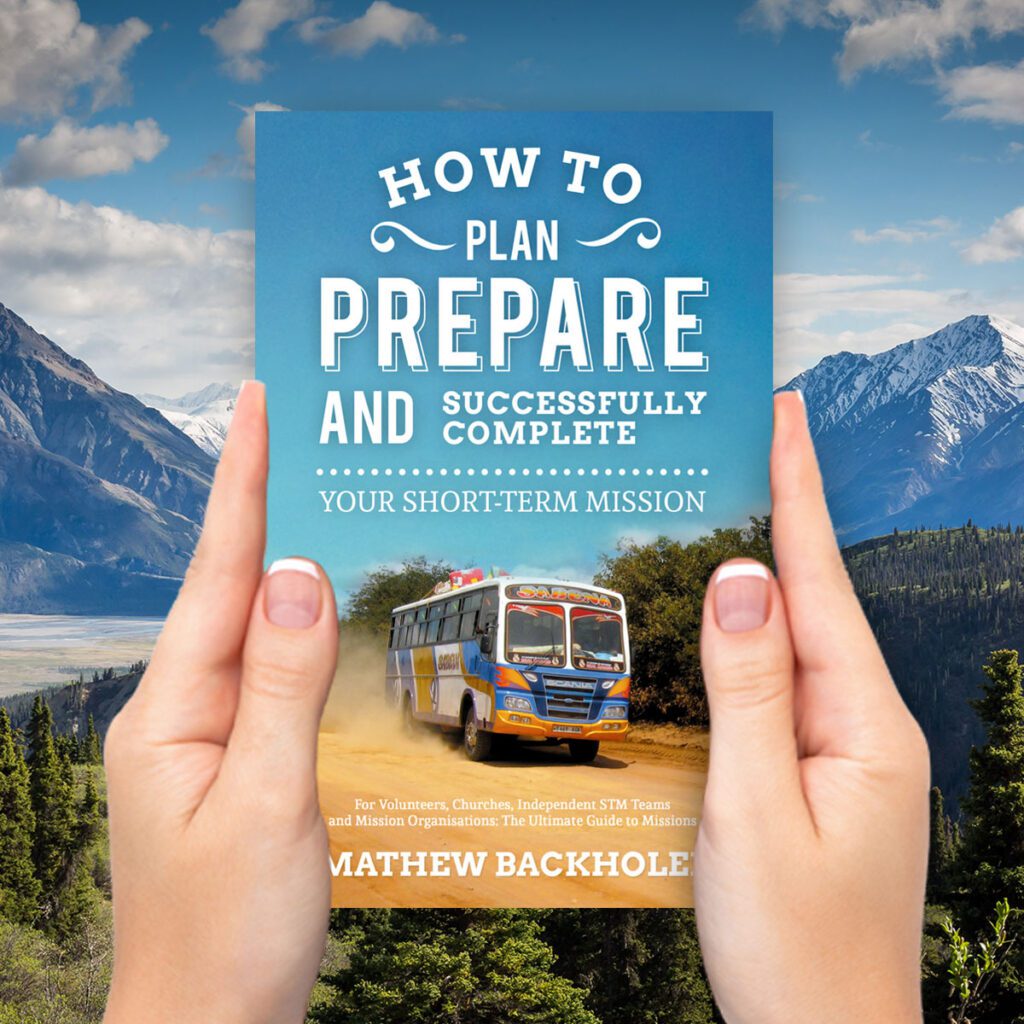
Travelling in a Coronavirus World
As it has been said before, but it is worth repeating, the world as we know it has fundamentally changed and travel has greatly altered in such a short space of time. Some countries have reciprocal safe zones to make it easier to travel to, others have returned to a state of lockdown, or a localised lockdown of a town, city, county, province or state.
If you go abroad on a two-week holiday / vacation you may have to self-isolate or quarantine for a total of four weeks: two weeks upon arrival and two weeks upon your return. To allow quarantine free travel between countries there is talk of “air bridges,” where the rate of Coronavirus is “at least as good” as in the UK, noted Prime Minister Boris Johnson nearing the end of May 2020.
Some countries have introduced holiday corridors which means that citizens from participating countries can still travel on holiday between and through (or to and from) participating countries, but details change from one week to the next. Some citizens went abroad in July and August 2020, only to be told by their governments or tour operators to come home ASAP.
There are fewer flights and less public transport and what is available is more expensive in a post-CV-19 society. There are increases in the cost of travel insurance which may not cover you for a pandemic or cancelled flights, repatriation or medical bills. Check the small print.
At present, there is no vaccine and only preventive measures can be taken: Social distancing, the wearing of facemasks (or some material to cover your mouth and nose), use of hand sanitizing gel, antibacterial wipes, disposable gloves or washable ones and regularly washing one’s hands thoroughly under warm water with soap for at least twenty seconds. In the future, there may be an immunity passport or a certificate which proves the holder has been vaccinated similarly to Yellow Fever. Without it, you will be denied entry to the county and turned away.
Some airports expect you to wear a facemask or face-covering and gloves. You can buy facemasks from vending machines, but it is better to take a pack with you. Due to aircraft being pressurised because of high altitude flying, the air is recirculated throughout the cabin and cockpit. This means if one passenger is not wearing a facemask and sneezes whilst being a carrier of Covid-19, particles could end up in another part of the cabin and infect others.
Some hotels and places of accommodation will have a gap of 24 hrs from the departure of one set of guests from a room until the new arrival, to allow time for a ‘deep clean’ to prevent any possible spread of potential infection. Luggage may need to be disinfected before unpacking. On arrival some countries may expect you to quarantine for two weeks!
If Covid-19 is on a surface it can survive for 72 hours, though can live longer on some items or surfaces like smartphones, banknotes / bills, metallic surfaces for up to 6 days (or up to 28 days in laboratory conditions in the dark at 20oC). With this in mind, be careful what you touch: armrests on a plane, seatbelt clips, door handles, buttons on a lift, light switch, public toilet flushes, water taps / faucets, taxi door handle, handing over money, self-service checkout screen, a handle on the tube / metro, the person who serves you food, cutlery etc. Avoid touching your face if you have not been able to wash your hands recently.
Different countries have different rules for when wearing a facemask is mandatory; ‘mask wearing-zone’ even in some public spaces. Hand cleaning stations and or antibacterial gel are often available inside the door of a shop, cafe or restaurant. If it is not an automatic dispenser, pressing to top with your can be risky, but you may be able to use your elbow if it is wall mounted.
At theme parks, there will be hundreds of hand sanitizer stations, and the wearing of facemasks on many rides is compulsory. You may have to pre-book a time slot for a ride, and there can be long queues and less seating on each ride because of social distancing.
Remember, you may be away on holiday abroad or travelling through a country and another lockdown can be enforced. You could be trapped for weeks or months until you can fly home and the cost per flight may increase due to supply and demand, as well as from profiteering. Just beware of this if you have no emergency funds or are on a tight budget.
During the first lockdown of 2020, across many countries, some places of accommodation increased the daily rate for foreigners who were trapped, whilst others were evicted from their accommodation as fear gripped some hoteliers. Some travellers ran out of accommodation money and lived in the wild! One group of multinational travellers were found in a cave in India! In the same country, fear gripped many Indians who were concerned that Westerners were contaminated and they were shunned or shooed away in some instances, whilst in China, many Africans were shunned as were Chinese from Wuhan, the centre of the outbreak.
Travellers in Thailand noted how the lockdown was not like in Europe or Western countries where most people were told off or warned. In Thailand, if you were caught breaking lockdown rules or the curfew, you could end up in prison and many travellers ended up behind bars for weeks or months.
If an airline or a hotel cancels your flight or accommodation you can ask for a refund. Do not accept a booking at a later date (unless you want it) or a voucher from the company (which could go bust at any time). Have a full refund which in many cases you would be entitled to, however, this is easier said than done, as companies do not want to give refunds for fear of going bankrupt. Some airlines and travel companies have already gone under and more will go bust. Does your travel insurance cover you if you are isolated abroad or will you have to fend for yourself?
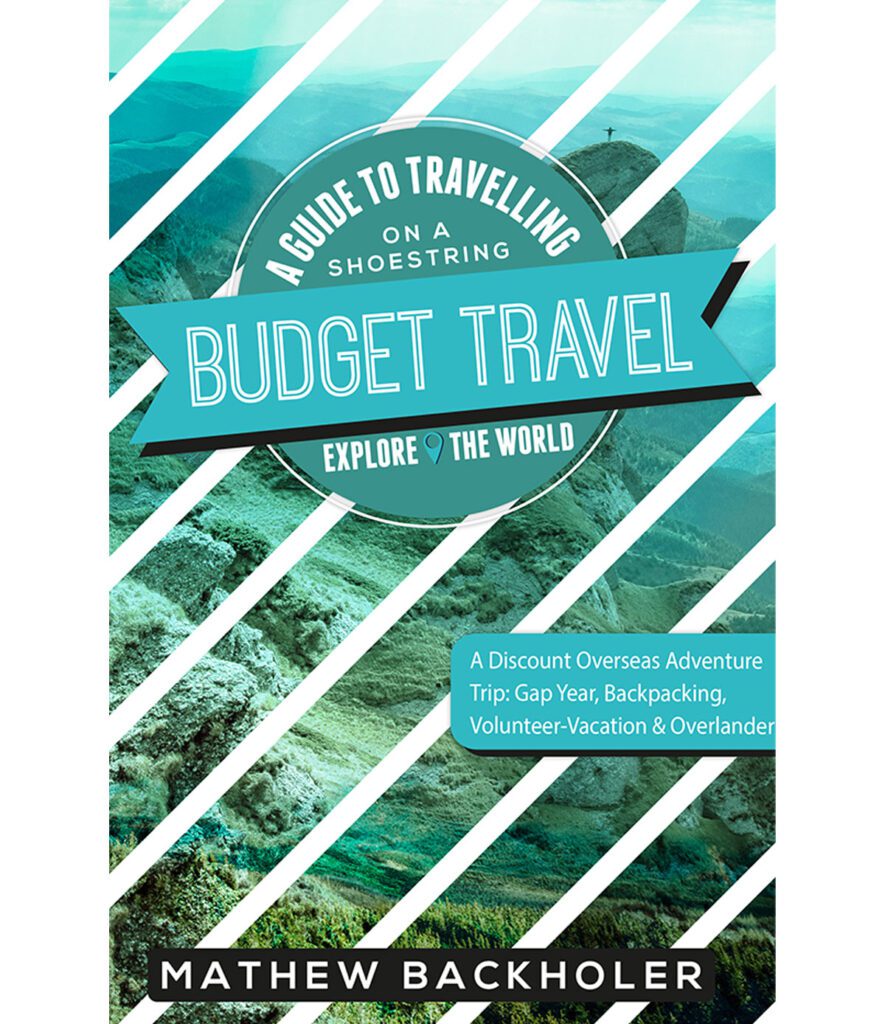
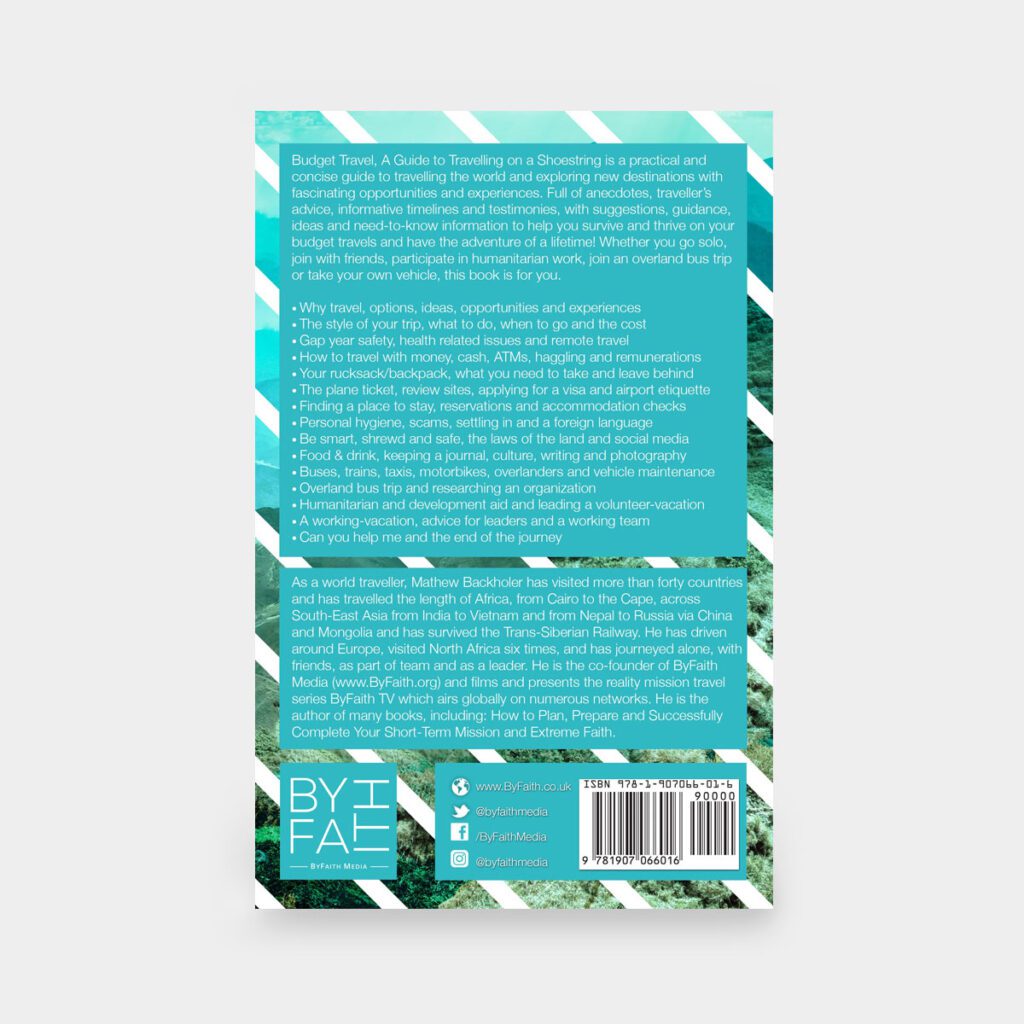
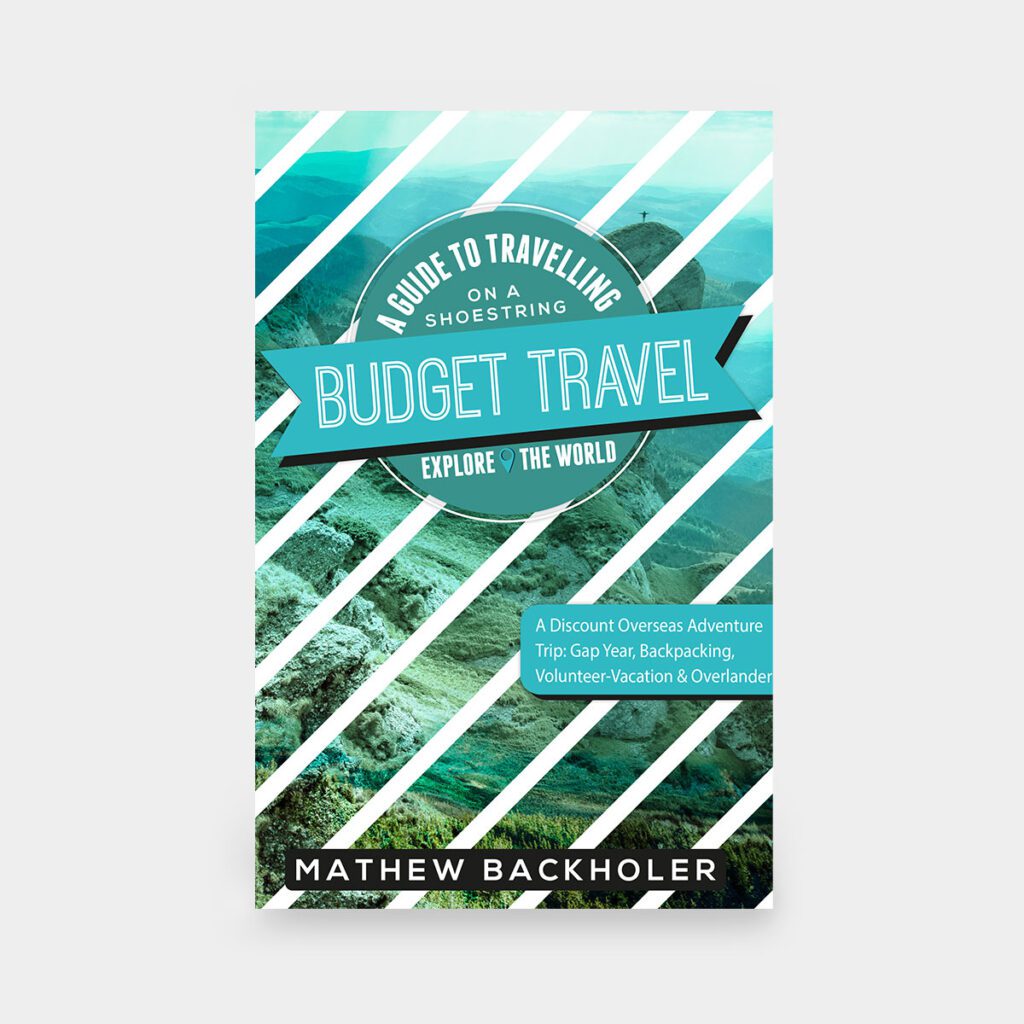
Within the United Kingdom, the Competition & Markets Authority (CMA) stated in the 2020 lockdown that firms must offer cash refunds for cancellations when: 1. No goods or service was provided. 2. The firm can’t provide the service due to lockdown. 3. You can’t use the service due to lockdown. Many companies are still flouting these rules and some travellers have been trying for months to get their money back: From the company or site they booked through, from their travel insurance, or a ‘charge back’ on their credit card.
If you are travelling in a motorhome and lockdown occurs you could be like the hundreds of European travellers in Morocco, North Africa in 2020 who arrived by ferry from Spain, but then the campsites closed due to lockdown and everyone was evicted. These travellers were left out in the wild with no connection to electricity or water etc. With the borders closed, they could not return to mainland Europe for some weeks.
At around 10pm, on Thursday, 13 August 2020, British tourists in France, Malta and the Netherlands had to be back in the United Kingdom within 30 hours, by 4am, Saturday, 15 August 2020 or self-quarantine for 14 days upon their return. The price of ferries, Eurostar (train lines under the English Channel between France and England), and airlines tickets increased in price as demand outstripped supply. One airline hiked its prices by 600% compared to 24 hours earlier.
Within one week, three more countries had been removed from the ‘safe list’ of countries to visit and British tourists raced home to avoid a two-week quarantine and air ticket prices greatly increased! At the same time a number of European countries saw a spike in Coronavirus cases. By the end of September 2020, due to Coronavirus there had been one million confirmed deaths worldwide and nearly 34 million reported cases of Covid-19 globally.
By Mathew Backholer. Find out about Mathew’s books here.


